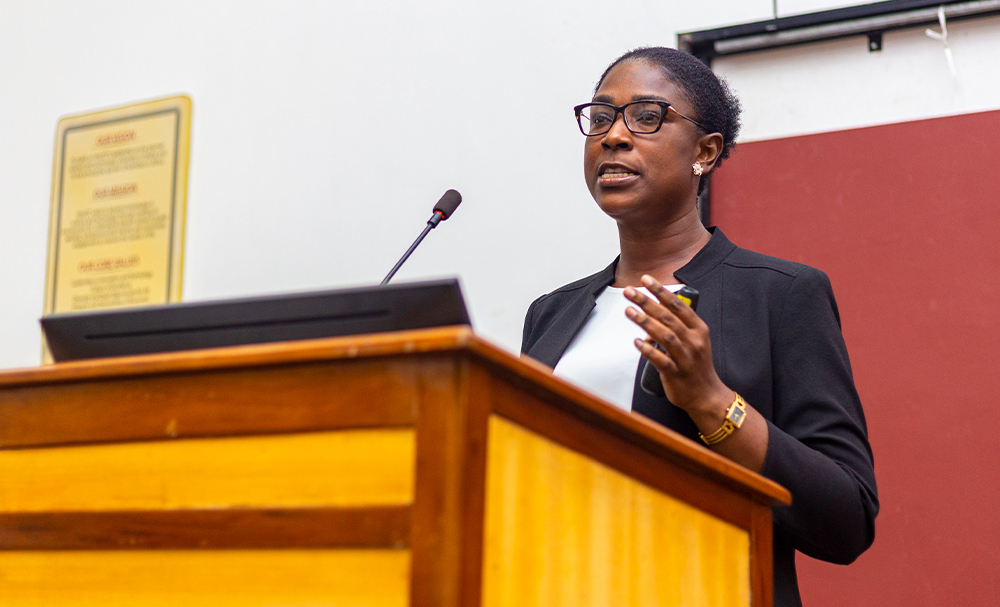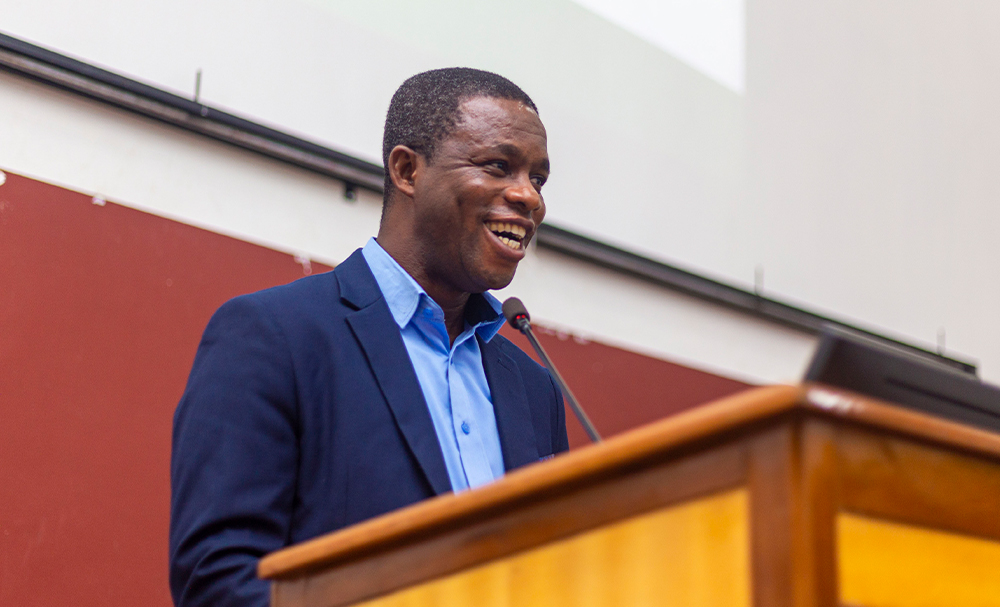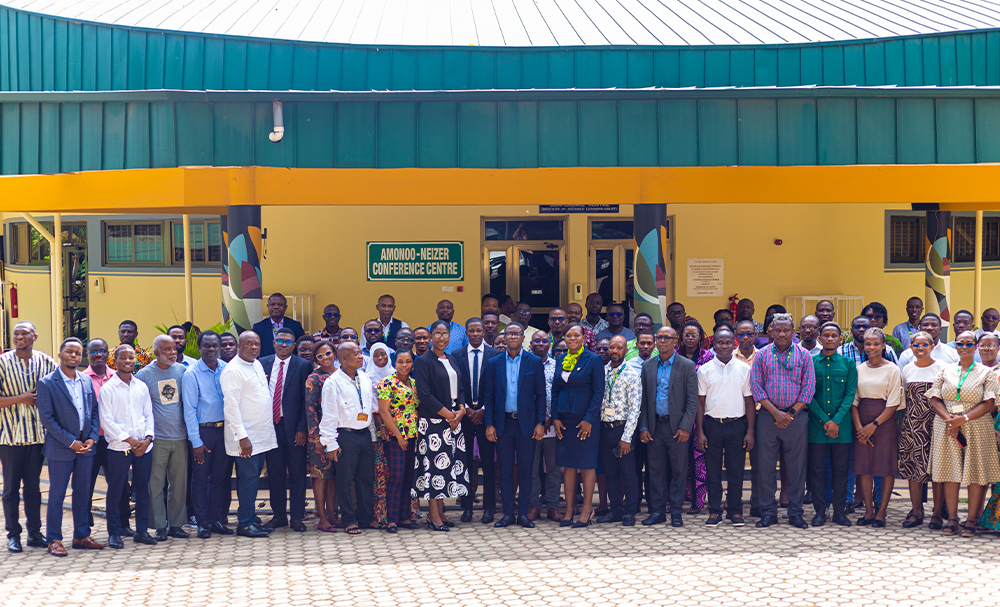The Kwame Nkrumah University of Science and Technology (KNUST), Kumasi, has reaffirmed its commitment to fostering academic creativity while safeguarding scholars’ intellectual rights through its Copyright Policy.
This commitment was highlighted during a workshop organized by the Intellectual Property Unit of the Office of Grants and Research (OGR) in collaboration with the Prempeh II Library.
The event, held under the theme "Navigating Copyright in Academia: Rights, Responsibilities, and Opportunities," brought together experts and stakeholders to discuss the importance of copyright in academic work.

Dr. (Mrs.) Doreen Adoma Agyei, from the Faculty of Law, emphasized that the policy is designed to encourage scholarly innovation while clarifying ownership of academic works.
She outlined key provisions of the policy, particularly those related to student theses and research publications.
“For student theses, the general rule is that students own the copyright to their thesis. However, if the thesis is generated by research conducted in full or in part with funding from KNUST, then the copyright shall vest in KNUST in the absence of any agreement to the contrary,” she explained.

Professor Philip Antwi-Agyei, Director of the OGR, underscored KNUST’s dedication to research excellence.
“As a research-intensive institution and a member of the African Research Universities Alliance (ARUA), KNUST places a premium on the quality of research we produce. This is why we organized this event to equip the academic community with the knowledge to navigate copyright issues, which can often be challenging,” he added.
Joining the workshop virtually, Mr. Antonio Baris from the International Federation of Reproduction Rights Organisations (IFRRO) highlighted the impact of artificial intelligence (AI) on copyright, noting both challenges and opportunities.
“AI-generated content raises questions about ownership, as traditional copyright laws protect human creators, not machines. AI tools can reproduce, modify, and generate creative works, potentially infringing existing copyrights. However, AI also offers benefits, such as assisting in copyright enforcement through automated content detection,” he explained.
Mr. Baris stressed the need for updated legal frameworks to address these complexities, ensuring that creators retain rights over their intellectual property while embracing technological advancements.

















